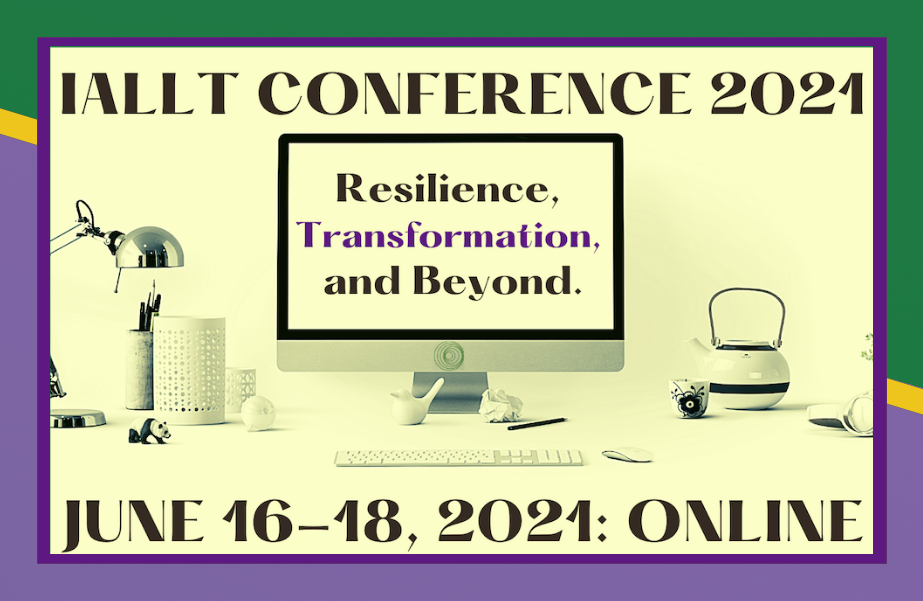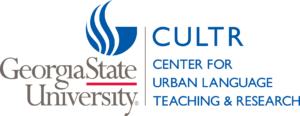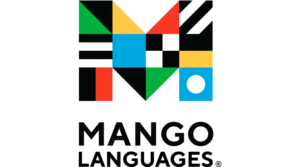
Sponsored by Extempore
Jo Mynard is a Professor, Director of the Self-Access Learning Center (SALC), and Director of the Research Institute for Learner Autonomy Education (RILAE) at Kanda University of International Studies in Chiba, Japan. She has an M.Phil. in Applied Linguistics from Trinity College, University of Dublin, Ireland and an Ed.D. in TEFL from the University of Exeter, UK. She has co-edited and co-authored several books on language learner autonomy, social learning spaces and advising, and is one of the founding editors of Studies in Self-Access Learning Journal and the Journal for the Psychology of Language Learning. She is particularly interested in research related to advising, self-directed language learning, language learning beyond the classroom / self-access language learning, and the social and affective dimensions of language learning.
Supporting Language Learners Beyond the Classroom: What have we Learned from the Shift to Online Learning Environments?
When we envisage ways in which we can promote learner autonomy and support language learners beyond the classroom, we might start by describing a physical learning environment. This environment, which might be called a learning center, self-access center, or social learning community, is likely to contain various support features, e.g., learning spaces, resources, an advising service, and opportunities to practice using the target language (Mynard, 2019). However, since March 2020, the physical learning environment has been unavailable to many language learners and all of the important support features have been forced to shift online making use of technology tools. In this talk, I will examine how we have managed to overcome these challenges and have found ways to support learners effectively online (Peña Clavel et al., 2020). In particular, I will focus on two features that have been particularly supportive during these difficult times: (1) student-led online learning communities (Hooper, 2020; Watkins, 2020), and (2) advising, which is one-to-one supportive and reflective dialogue aimed to facilitate learner autonomy (Carson & Mynard, 2012; Kato & Mynard, 2016; Mynard 2020). Although we will certainly welcome the reopening of our learning centers, we may do so with a broader sense of what learner support might mean for the 21st century.










